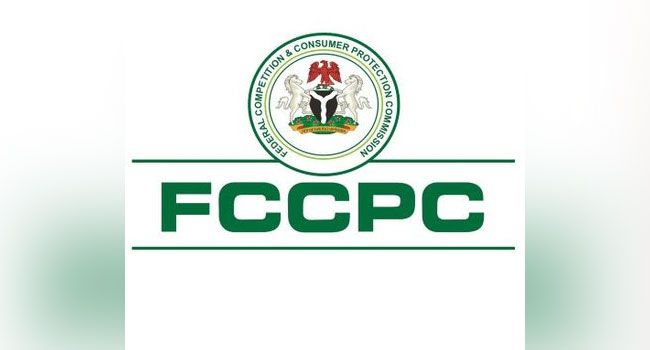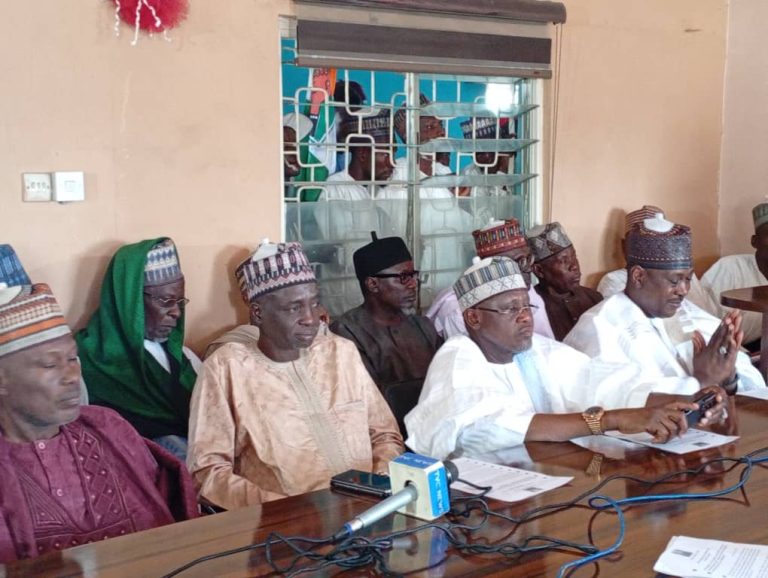
The Federal Competition and Consumer Protection Commission (FCCPC) has commended the Central Bank of Nigeria (CBN) for its proposed directive requiring banks to refund customers within 48 hours for failed Automated Teller Machine (ATM) transactions.
In a statement issued on Monday and signed by its Director of Corporate Affairs, Ondaje Ijagwu, the Commission described the CBN’s Draft Guidelines on the Operations of ATMs in Nigeria as a timely and long-overdue intervention that supports ongoing efforts to protect consumers in the financial services sector.
Consumer Complaints Trigger Policy Response
The CBN’s draft guideline, released last week, comes in response to data from the FCCPC’s Consumer Complaints Report published in September 2025, which showed that banks and fintech companies accounted for the largest number of consumer complaints nationwide.
According to the report, more than 3,000 complaints were recorded against banks between March and August 2025, with the Commission facilitating recoveries exceeding ₦10 billion for customers across 30 sectors.
Recurring issues included failed transactions, unauthorised deductions, and prolonged refund delays problems the new CBN policy aims to eliminate.
A Milestone for Consumer Protection
The Executive Vice Chairman/Chief Executive Officer of the FCCPC, Tunji Bello, hailed the move as “a timely and long-awaited correction to a persistent consumer challenge.”
“It is consistent with what the FCCPC has been advocating, given the high volume of complaints about failed transactions,” Bello said.
“We commend the CBN for this decisive step, which will ease the burden on consumers and rebuild confidence in financial services.”
Bello added that the measure signals stronger coordination among regulators committed to protecting consumer welfare, even at the draft stage.
Legal Backing and Collaboration
The FCCPC noted that the CBN’s proposal aligns with several provisions of the Federal Competition and Consumer Protection Act (FCCPA) 2018, particularly Sections 17(g), (h), (l), (s), and (t), which empower the Commission to:
- Eliminate unfair market practices,
- Promote fair dealings,
- Ensure prompt resolution of consumer complaints, and
- Safeguard the reliability of goods and services in Nigeria.
The Commission urged the swift adoption and enforcement of the CBN’s directive, stressing that early implementation would provide immediate relief for millions of customers still facing unresolved transaction issues.
“Timely adoption will reinforce accountability within the banking sector and reflect a shared commitment to fairness, efficiency, and consumer confidence,” the FCCPC added.
To ensure compliance, the FCCPC said it will collaborate with the CBN to establish a joint monitoring framework that tracks banks’ adherence to the 48-hour refund rule and ensures prompt redress for violations.
The Commission said the partnership will strengthen regulatory oversight, promote faster dispute resolution, and boost public confidence in Nigeria’s rapidly expanding digital payments ecosystem.
How Consumers Can Seek Redress
Under the proposed framework, customers with unresolved ATM or electronic transaction issues must first lodge their complaints with their banks or the CBN.
If unresolved, they may escalate their cases to the FCCPC via:
- The Complaints Portal: complaints.fccpc.gov.ng
- Email: contact@fccpc.gov.ng
- Hotline: 0805 600 2020
Digital Banking Growth and Next Steps
Nigeria’s electronic payments industry has expanded rapidly in recent years, with more than 200 million cardholders relying on digital transactions. However, network failures, poor infrastructure, and delayed reversals have eroded consumer confidence.
The new draft guidelines coming eight months after CBN’s review of ATM transaction fees are expected to enhance service delivery, improve transaction security, and hold banks accountable.
Stakeholders are invited to submit feedback ahead of the final adoption of the policy, which could take effect before the end of 2025.



